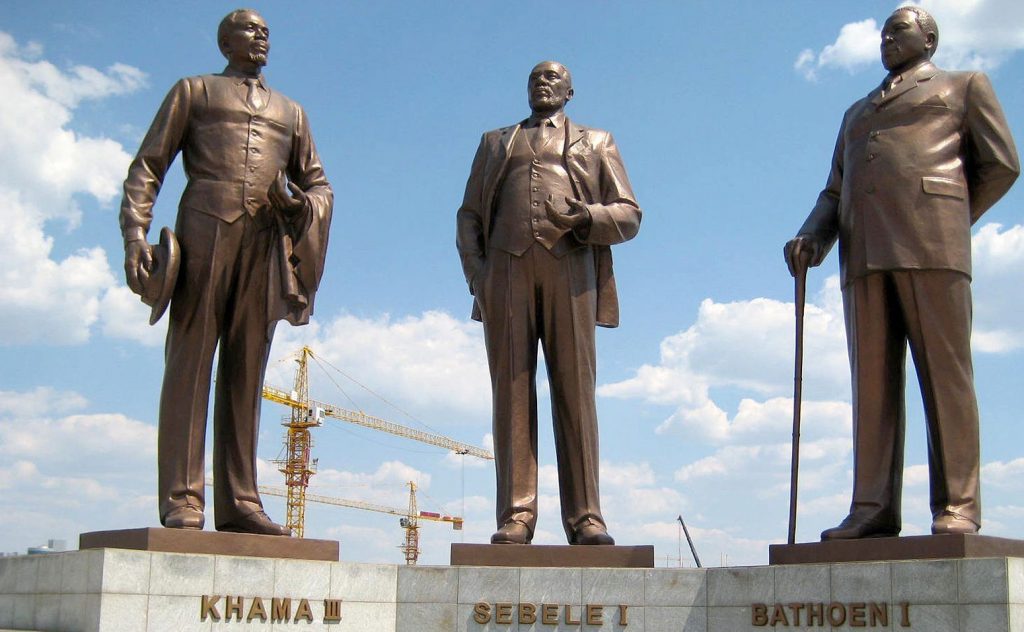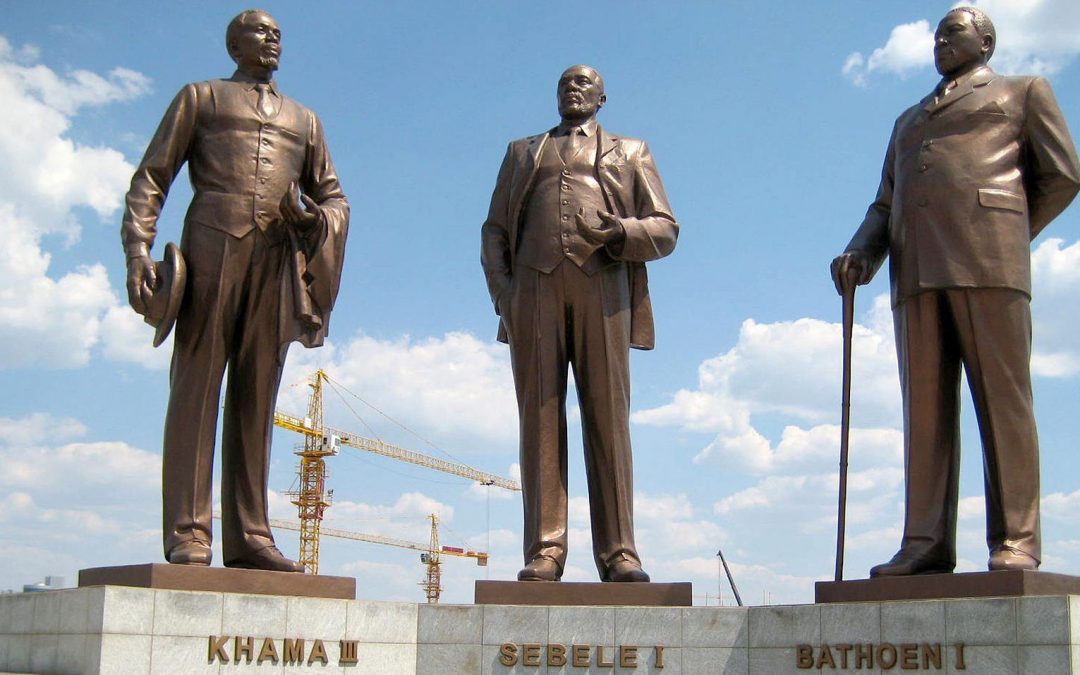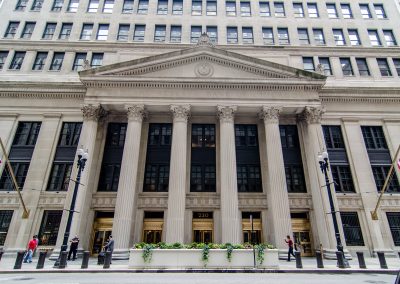
What Botswana Can Teach Us About Political Stability
From my article first published on Palladium Magazine.
It is hard to find a clearer outlier among developing countries than Botswana, a landlocked African country where 40% of government revenue comes from diamond mining and a quarter of adults are HIV positive. Everything taught by a development economics department would suggest the country is set up for failure. But well-executed succession between presidents, and the resulting stability and good government, has meant success instead.
Botswana is possibly the nicest place in Africa — it is quieter and more stable than, say, Greece. In the entire period since independence, Botswana has not suffered devastating civil wars like those in the Congo or Mozambique, coups such as in Burkina Faso, or ethnic violence and expropriation as seen in Rwanda and Zimbabwe.
The country’s living standards are comparable to Turkey, Mexico, and South Africa. It has also been Sub-Saharan Africa’s fastest growing economy for most of the last half century.
The crucial variable is a sound government making well-informed, long-term choices. A low population density paired with abundant natural resources provides a reasonable standard of living even in the absence of administrative genius or favorable conditions, so long as governance provides stability. Political instability can impede development of physical infrastructure and the business environment, transforming good fundamentals into a bad outcome. See, for example, Kazakhstan compared to Venezuela.
Unfortunately, there are many examples of countries that have tried and failed to achieve good governance in the often chaotic post-colonial context. These countries followed Western advice as closely as they could, drafting legally impeccable constitutions and recruiting well-educated statesmen, but the results have been mixed at best. Botswana’s positive outlier example raises the question of how it has done so well.
Read the rest here.





